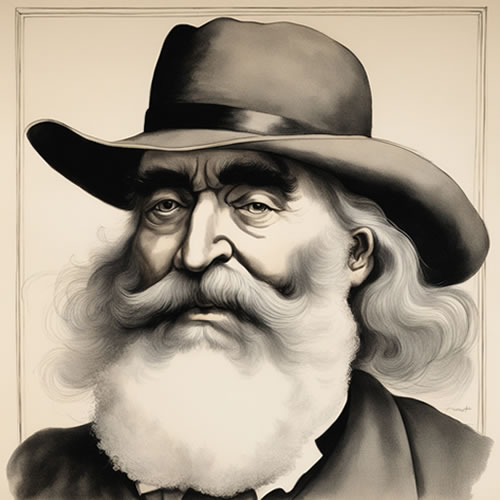Henceforth I ask not good-fortune, I myself am good-fortune,
Henceforth I whimper no more, postpone no more, need nothing,
Done with indoor complaints, libraries, querulous criticisms,
Strong and content I travel the open road.Walt Whitman, Song of the Open Road
My job, as I understand it, is to assist you in your travels along the tempest-tossed coastline and the threat posed by hull-crushing rocks in stormy darkness. The real threat is fear, and if we allow it to dominate us, we end up smashed on the rocks or moored in safe harbor, either way, our voyage likely never to resume. The solution, as scary as it might seem, is to head into the storm, to steer for deep water, away from the treacherous shore. Fear has lured many a ship to safety or doom, which both amount to the same thing; the end of the journey.
Don’t get me wrong, I’m all in favor of luring people to their doom — lemmings to the cliff, rats to the sea, sheep to the slaughter and so on — but not you. In your own way, you have asked me to guide you through these waters, and that’s what I’m trying, in my own way, to do. Once clear of the shore we can hand you off to much higher guidance, but for now, you seem to think, and I seem to agree, that you could use a hand from someone familiar with the immediate peril. Perhaps it was that higher guidance that led you here. Perhaps it’s been guiding you all along.
Log In or Register to Continue
The stale cadaver blocks up the passage
the burial waits no longer.Walt Whitman, Song of the Open Road
Walt Whitman was an American poet, essayist, and journalist, best known for his groundbreaking collection “Leaves of Grass.” He’s considered one of the most influential poets in American literature, celebrated for his free verse style, themes of democracy, nature, and the human body. Whitman’s work embodied the spirit of 19th-century America.


